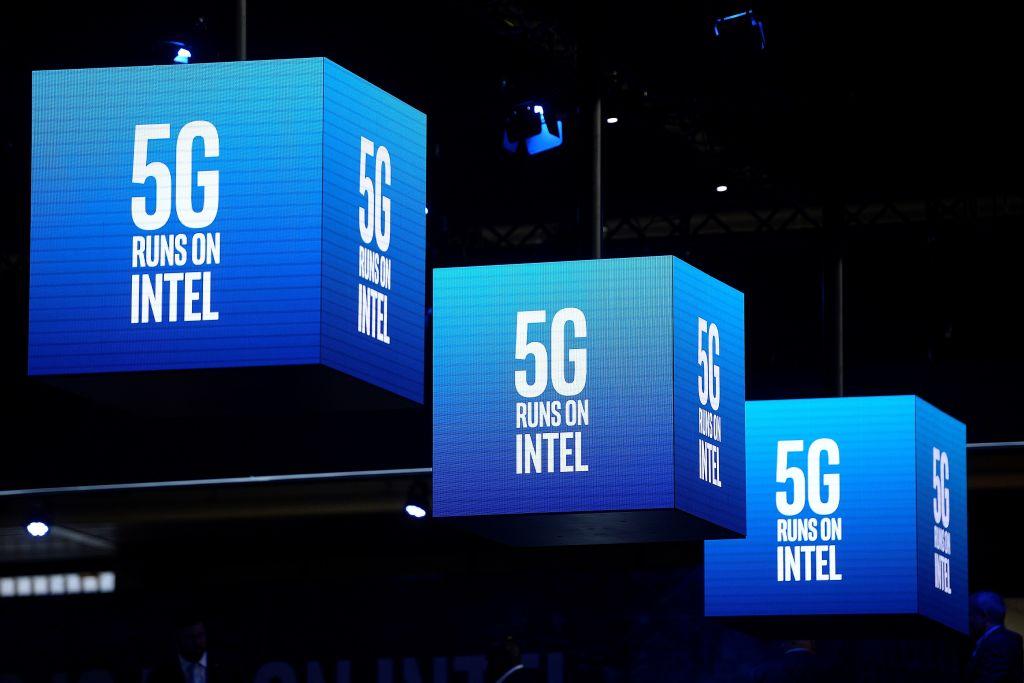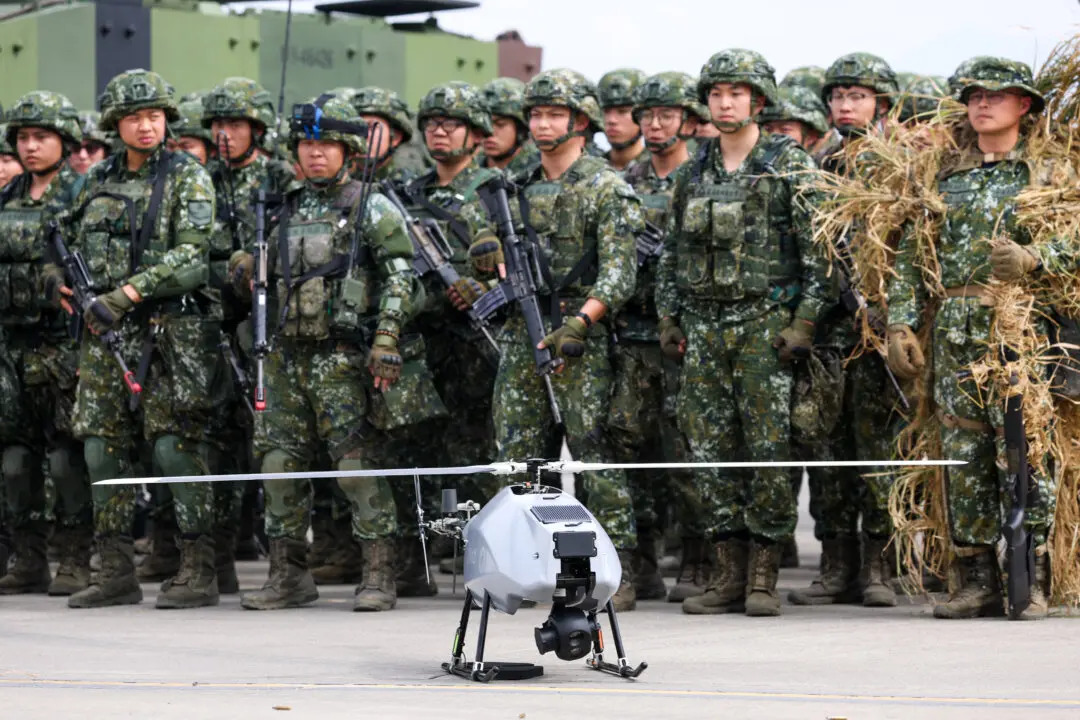U.S. tech firm Intel has ended a partnership with Chinese chipmaker Unisoc to develop 5G chips for the Chinese market, about a year after signing the deal.
The partnership was a long-term strategic collaboration on the next generation of 5G mobile communication, including the development of a 5G smartphone platform for the Chinese market that featured the Intel 5G modem chip, according to an Intel press release published in February 2018.
The deal also included a series of product collaborations using Intel’s 5G XMM 8000 series modem chips. That chip model allows existing devices, including PCs, phones, and vehicles, to connect to 5G networks, according to Intel.
The decision to end the partnership was a mutual decision between the two companies, said Robert Topol, general manager of Intel’s 5G Strategy and Program Office, during a recent briefing at this year’s Mobile World Congress, a trade conference held in Barcelona, Spain, as reported in a Feb. 26 report by Japanese media Nikkei.
The cancellation comes amid simmering trade tensions between China and the United States; chief among the latter’s complaints about China’s unfair trade practices is that Chinese economic policies often pressure U.S. firms operating in China to give up sensitive technology, in exchange for access to the Chinese market.
Chinese Chipmaker
Unisoc, formerly known as Spreadtrum Communications, is a Chinese mobile chipmaker that’s based in Shanghai. It is also a subsidiary of China’s top chip manufacturer Tsinghua Unigroup—which is, in turn, owned by the state-owned asset management group Tsinghua Holdings.
While the partnership would have given Intel greater access to the Chinese market, it’s not a big deal for the U.S. chipmaker to lose a partner such as Unisoc, Sean Yang, an analyst with Shanghai-based market consultancy CINNO, told Nikkei.
“Intel still could engage with other potential Chinese customers to expand its market there,” Yang said.
On the contrary, for Unisoc, it could mean “losing the opportunity to quickly learn from someone in the industry who has the capability to build that technology,” Yang added.
Nikkei, citing people it didn’t identify, said the current trade dispute between Washington and Beijing was a factor in Intel’s decision to cancel the deal.
“Intel has been concerned the closer ties with the Chinese government-sponsored company could somehow upset U.S. authorities, given the current tensions between the two sides,” an unnamed person with direct information about the cancellation told Nikkei.
The unnamed person added that it was former Intel CEO Brian Krzanich who advocated and initiated the partnership in the first place. Krzanich stepped down in June last year after media revelations that he had an extramarital affair with a subordinate.
Coincidentally, Unisoc unveiled its own 5G modem chip at the Mobile World Congress on Feb. 26, explaining that the chip design was done without any help from Intel, according to Nikkei.
The Unisoc 5G chip, named the IVY510, was touted by Chinese state media as a major achievement for the country. For example, a Feb. 27 article by the state-run Jiefang Daily boasted that the chip would be the first Chinese-manufactured chip for sale around the world, and thus, capable of competing with other global 5G chip suppliers.
Last year, Chinese tech giant Huawei unveiled a 5G chip, but they are only used in Huawei phones.





